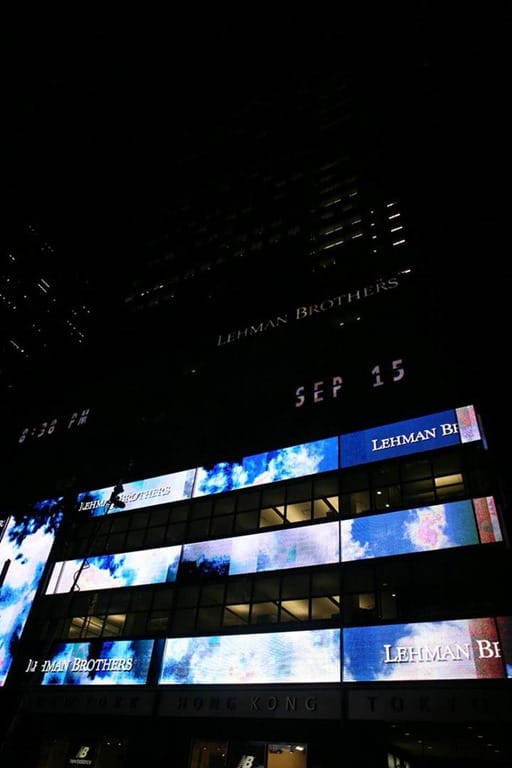In theory, trademarks can last “forever.”
Unlike copyrights and patents, which have finite durations defined by law, a trademark can last as long as its owner maintains it and continues to use it.
As the US Patent and Trademark Office (USPTO) explains,
Once you own a trademark registration, you must do a few important things to maintain that registration and keep it alive. First, you must use your trademark in commerce. Additionally, you must file certain documents at regular intervals to show that you’re continuing to use your trademark. If you don’t file these documents before the deadline, your registration will be canceled or will expire, or your extension of protection to the U.S. will be invalidated…
On the other hand, a trademark can be lost when it becomes a “generic” word for a type of thing, rather than an identifier of the source of that thing, as in the case of the former trademarks escalator, hovercraft, kerosine, superglue, trampoline, and videotape.
Trademarks can even outlast the companies that once owned them.
The case of TIGER LILY VENTURES LTD. v. BARCLAYS CAPITAL INC. involved a dispute over the standard character mark “LEHMAN BROTHERS.”
As the Federal Circuit explained,
Until 2008, Lehman Brothers was one of the largest investment banks in the United States, with hundreds of billions of dollars in assets under management and more than 25,000 employees in offices worldwide. Lehman Brothers owned trademark rights in connection with its name, including a number of federal trademark registrations for the standard character mark LEHMAN BROTHERS.
(Incidentally, the rise and fall of Lehman Brothers is portrayed in the play The Lehman Trilogy, which won the 2022 Tony Award for Best Play.)
As the court noted,
Immediately after Lehman Brothers filed for bankruptcy in 2008, it sold several of its businesses and other assets to Barclays for approximately $1.5 billion. As part of that sale, Lehman Brothers assigned to Barclays all of its LEHMAN BROTHERS trademarks and accompanying goodwill. Shortly thereafter, Barclays granted Lehman Brothers a worldwide, non-exclusive license to use the LEHMAN BROTHERS trademarks in connection with Lehman Brothers’ retained and continuing businesses and operations. The term of the license was two years for use in connection with Lehman Brothers’ investment banking and capital markets businesses and perpetual for use in connection with other Lehman Brothers businesses and operations. Over the years that followed, however, Barclays allowed all of its acquired LEHMAN BROTHERS trademark registrations to expire.
In 2013, Tiger Lily, “a company with no corporate affiliation to Lehman Brothers or Barclays,” as the court noted, filed a trademark application for registration of the standard character mark LEHMAN BROTHERS for beer and spirits. In 2014, it sought the mark for bar services and restaurant services.
Barclays’ filed Notices of Opposition to Tiger Lily’s applications, alleging that Tiger Lily’s LEHMAN BROTHERS marks were likely to cause confusion with Barclays’ LEHMAN BROTHERS marks.
Tiger Lily’s responded with its own Notice of Opposition to Barclays’ application alleging, that Barclays lacked a bona fide intent to use the LEHMAN BROTHERS mark.
When the issue was before the United States Patent and Trademark Office Trademark Trial and Appeal Board (“the Board”), it found:
The goods and services identified in Tiger Lily’s applications are beer and spirits, bar services, and restaurant services. Barclays’ services are various financial and investment-related services. While the parties[’] goods and services are distinctly different, goods and services need not be identical or even competitive in nature to support a finding of likelihood of confusion. Customers encountering Tiger Lily’s goods and services under the well-known LEHMAN BROTHERS mark would be likely to mistakenly assume that Tiger Lily’s goods are in some way related to Barclays.
Also,
Barclays provided evidence of promotional materials distributed by Lehman Brothers (including whisky decanters, wine gift sets, wine books, wine carriers, and coasters), which the Board noted are still collected, sold, and traded by members of the consuming public.
The Board thus found for Barclay’s on the grounds of likelihood of confusion, and the Federal Circuit upheld this decision.
The court also found that ‘substantial evidence supports the Board’s finding that Barclays has not abandoned its rights in the LEHMAN BROTHERS mark…’
Just like the haiku above, we like to keep our posts short and sweet. Hopefully, you found this bite-sized information helpful. If you would like more information, please do not hesitate to contact us here.


